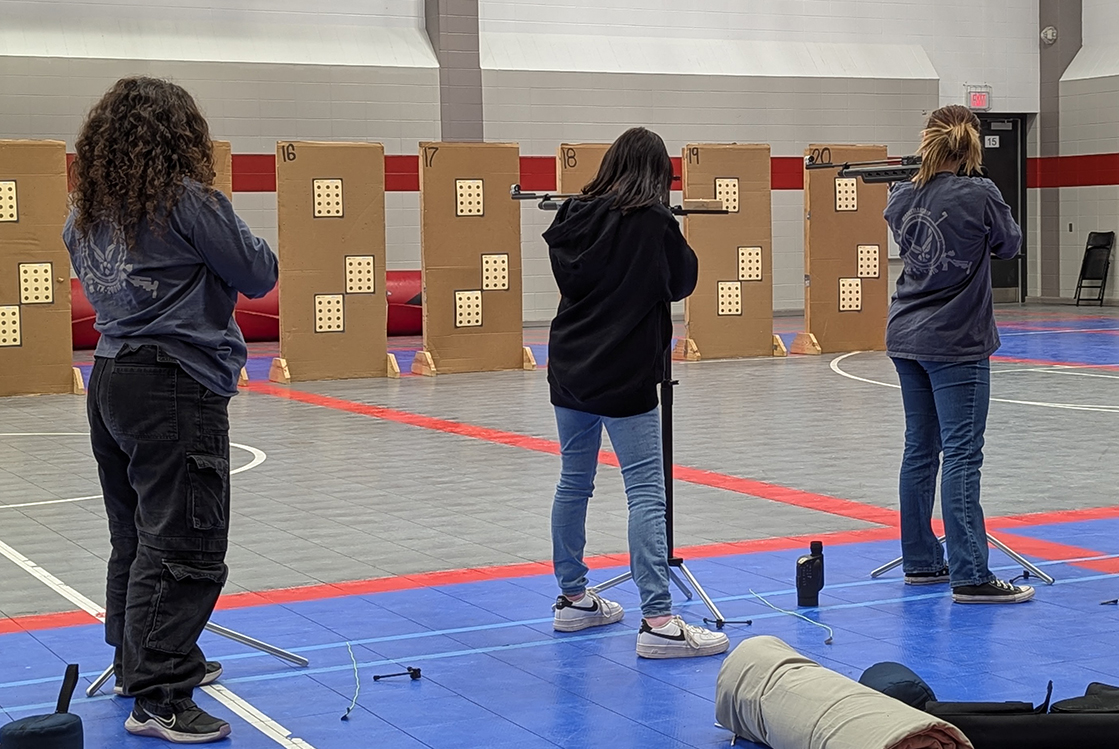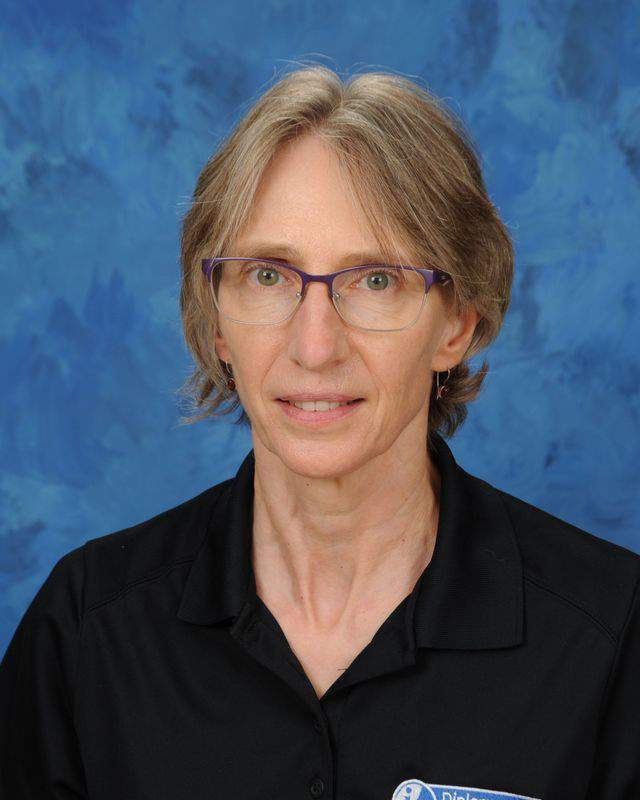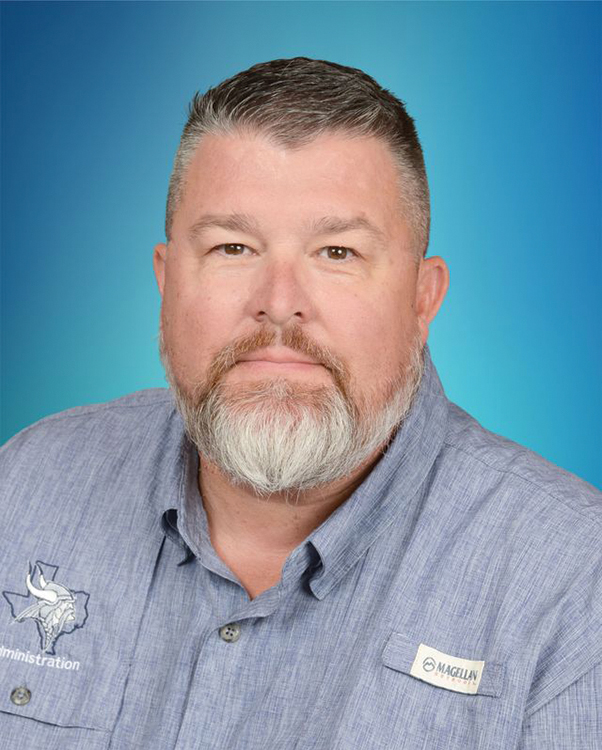Deutsche Sprache, schwere Sprache. German language, hard language. German teacher Jan Krammer doesn’t want that statement to intimidate students from learning German. With her cultural experience and dedication to teaching high school students a second language, she inspires her students to venture into the world of languages through both words and culture.
“With learning another [language], you learn your own better,” Krammer said. “You have to be more precise and more schooled in how you use your own language in order to use a new one well. Every time you learn a different language, you learn to think in a different way,” said German teacher and head of the Language department Jan Krammer.
Krammer sees the study of languages as vital to the study of humanity as it encourages students to think beyond themselves and gain new perspectives.
“Languages go together in different ways, and because of that, you structure your thoughts differently,” Krammer said. “The more different ways you can think about the world, the more open minded you are, and the more able you are to adjust into different kinds of situations.”
Krammer brings a different perspective to the teaching of language, as she’s lived in and visited many countries in Europe, adding first hand experience to her suitcase of tricks.
“I can slide into most countries in Europe and just hit my stride and nobody knows I’m not a local, basically,” Krammer said. ”It’s very convenient. I just like being able to slip in there and be part of the scene. I don’t suppose that Europe or any other place is set up for my entertainment. I just like going in there and interacting. It ain’t Disneyland, let’s put it like that.”
Aside from visiting Europe frequently, Krammer also taught in Germany for a short time.
“[Teaching in Germany] was hard, but it was interesting,” Krammer said, “I really enjoyed interacting with other faculty. It seems the way that schools are organized, and the way that people think about school is different from the way we think about school [in America].”
School in Germany is usually viewed with more respect than it is in the United States, and extracurriculars are done outside of school.
“School is school; it’s not where you go for your competitions,” Krammer said. “It’s not seen as a social organizer of the community, it’s seen as the educator of the community, so it’s taken seriously, it’s not there to make sure kids get to play football, or get to march in the bad, it’s there to make sure kids get educated. It’s different, and I enjoyed getting to see that different perspective, and I enjoyed being seen as an actual part of the community.”
Krammer’s cultural experience and knowledge of language are only a portion of what makes her a great teacher, her a great teacher. Her colleagues see her as a passionate educator who keeps things fresh in the classroom by bringing in her own experiences.
“Mrs. Krammer’s best attributes are her inspiration and charisma,” French teacher Tara Bailey said. “She is always positive and enthusiastic, with great stories to tell. They definitely help her students stay motivated and wanting to learn a second language.”
It is evident that Krammer pushes students to see learning a language, not as drudgery or something they just have to get through for a credit, but instead as a way to connect to a culture and history of a people.
“She has a wonderful ability to make the students feel connected to the language and see a purpose,” Bailey said. “The stories of her adventures draw the students in and inspire them to travel and become world learners.”
With that enthusiasm and charisma, students are inspired not only by her stories and knowledge, but also her dedication to her job.
“She loves her job and that makes any teacher a thousand times better,” senior Joan Fackler said. “She talks to us like we’re actual humans. She knows what she’s talking about and she loves what she’s teaching,”





